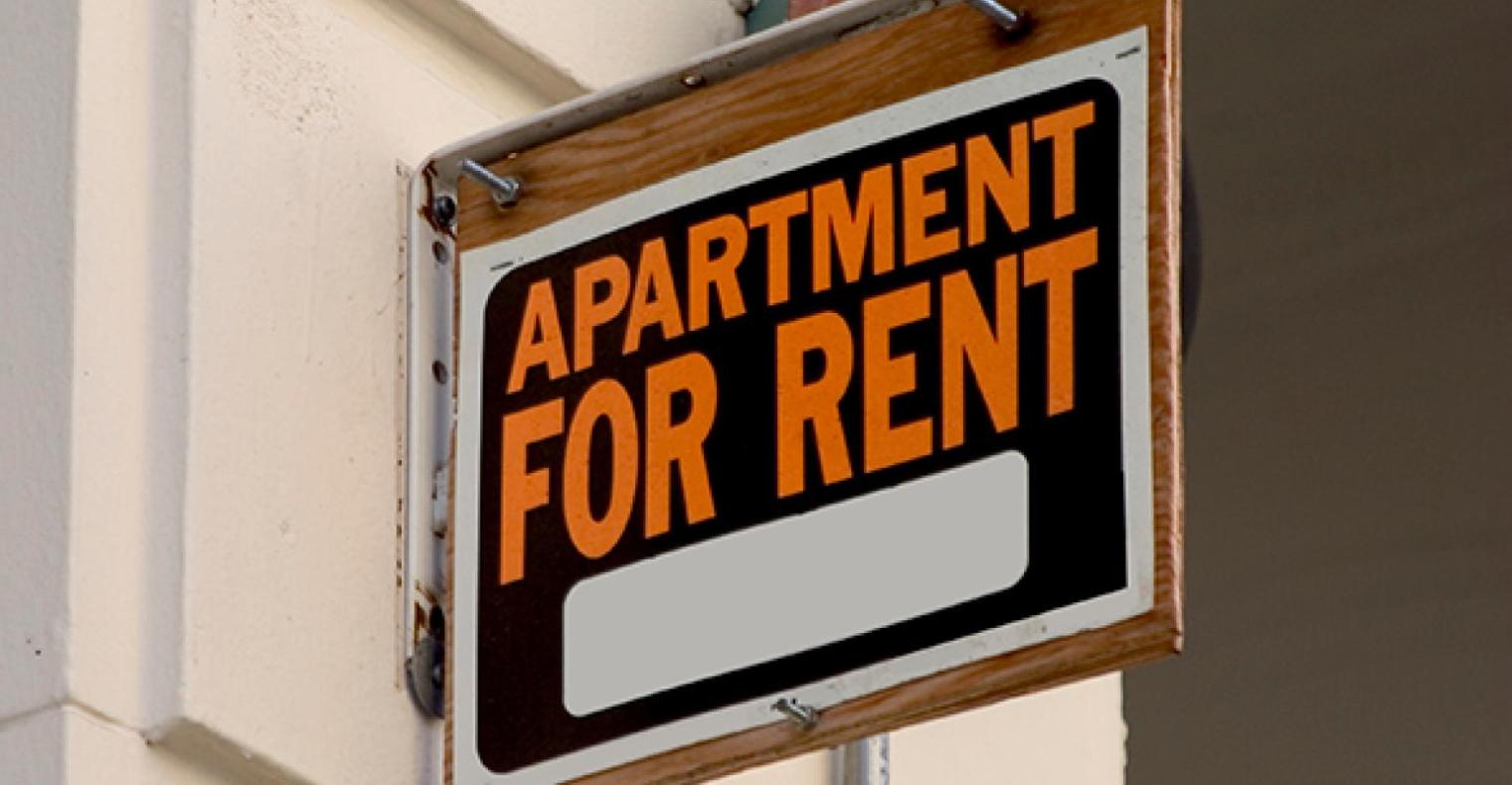What are the Long-Term Effects of Big Government Capitalism on Home Renters?
Introduction:
Definition of Big Government Capitalism:

Big government capitalism is a socio-economic system in which the government plays a significant role in the economy, often through interventions such as regulation, subsidies, and public ownership. This can include government involvement in the housing market, such as rent control measures, public housing programs, and zoning laws.
This article explores the long-term effects of big government capitalism on home renters, examining the historical context, economic implications, social and cultural shifts, political and regulatory landscape, environmental and sustainability concerns, and the resulting long-term consequences.
I. Historical Context:
Historical Examples Of Big Government Capitalism:
- The New Deal era in the United States during the 1930s, which included significant government intervention in the economy and the housing market.
- The post-World War II era in many countries, where governments played a central role in rebuilding and managing the economy, including the housing sector.
Government Intervention In The Housing Market:
- Rent control measures, which limit the amount that landlords can charge for rent, have been implemented in various cities and countries.
- Public housing programs, which provide subsidized housing for low-income individuals and families, have been established by many governments.
- Zoning laws and land use policies, which regulate the use of land and property, have been used to shape the housing market.
Impact Of Government Policies On Homeownership Rates:
- Government policies can influence homeownership rates by affecting the affordability of housing, the availability of credit, and the overall economic climate.
- In some cases, government intervention has been credited with increasing homeownership rates, while in other cases, it has been blamed for making housing less affordable and accessible.
II. Economic Implications:
Rising Housing Costs And Affordability Challenges:
- In many cities with big government capitalism, housing costs have risen significantly, making it difficult for renters to find affordable housing.
- This can lead to overcrowding, homelessness, and other housing-related problems.
Increased Competition For Rental Properties:
- As housing costs rise, there is often increased competition for rental properties, leading to bidding wars and higher rents.
- This can make it difficult for renters to find suitable housing, especially those with low incomes.
Stagnant Wages And The Widening Income Gap:
- In many countries with big government capitalism, wages have stagnated or declined in recent decades, while the cost of living has continued to rise.
- This has led to a widening income gap, making it more difficult for renters to afford housing.
III. Social And Cultural Shifts:
Changing Demographics And Household Composition:
- Changing demographics, such as an aging population and increasing numbers of single-person households, have affected the demand for rental housing.
- This has led to shifts in the types of rental properties available and the prices charged.
Impact On Community Stability And Neighborhood Dynamics:
- Big government capitalism can lead to gentrification and displacement of low-income renters, as wealthier individuals and families move into previously affordable neighborhoods.
- This can disrupt community stability and lead to social and economic problems.
Gentrification And Displacement Of Low-income Renters:
- Gentrification, driven by rising property values and increased demand for housing in certain areas, can lead to the displacement of low-income renters.
- This can have negative consequences for social cohesion and community stability.
IV. Political And Regulatory Landscape:
Government Regulations And Rent Control Measures:
- Government regulations, such as rent control measures, can have a significant impact on the rental market.
- Rent control can limit the amount that landlords can charge for rent, but it can also lead to a shortage of rental housing and discourage investment in the rental sector.
Impact Of Zoning Laws And Land Use Policies:
- Zoning laws and land use policies can shape the supply and affordability of rental housing.
- Zoning laws that restrict the construction of new rental housing can lead to higher rents and a shortage of affordable housing.
The Role Of Public Housing And Subsidized Rental Programs:
- Public housing and subsidized rental programs can provide affordable housing for low-income individuals and families.
- However, these programs are often underfunded and have long waiting lists.
V. Environmental And Sustainability Concerns:
Energy Efficiency And Carbon Emissions In Rental Housing:
- Rental housing often has lower energy efficiency standards than owner-occupied housing, leading to higher energy consumption and carbon emissions.
- This can contribute to climate change and other environmental problems.
Lack Of Incentives For Sustainable Practices Among Landlords:
- Landlords may have little incentive to invest in sustainable practices, such as energy-efficient appliances or renewable energy sources, due to the short-term nature of rental agreements.
- This can hinder the adoption of sustainable practices in the rental sector.
Limited Access To Green Spaces And Public Amenities:
- Renters may have limited access to green spaces and public amenities, such as parks and recreation centers, compared to homeowners.
- This can have negative consequences for their physical and mental health.
VI. Long-Term Consequences:
Generational Wealth Gap And Housing Insecurity:
- Big government capitalism can contribute to a generational wealth gap, as homeowners are able to accumulate wealth through rising property values, while renters are left behind.
- This can lead to housing insecurity and financial instability for renters.
Social Stratification And Inequality:
- Big government capitalism can exacerbate social stratification and inequality, as those who own property are able to accumulate wealth and power, while renters are often marginalized and excluded.
- This can lead to social unrest and political instability.
Erosion Of Homeownership Opportunities:
- Big government capitalism can erode homeownership opportunities, as rising housing costs and stagnant wages make it increasingly difficult for people to save for a down payment and qualify for a mortgage.
- This can lead to a decline in social mobility and a more unequal society.
VII. Conclusion:

Reiteration of
Big government capitalism has had a significant impact on home renters, leading to a range of long-term consequences, including rising housing costs, increased competition for rental properties, stagnant wages, gentrification, displacement, and a generational wealth gap.
Call for balanced policies and sustainable solutions:
To address these challenges, governments need to adopt balanced policies that promote affordable housing, protect renters' rights, and encourage sustainable practices in the rental sector.
Emphasis on the need for comprehensive reforms:
Comprehensive reforms are needed to address the root causes of housing unaffordability and insecurity, including addressing income inequality, increasing the supply of affordable housing, and investing in public housing and subsidized rental programs.
YesNo

Leave a Reply